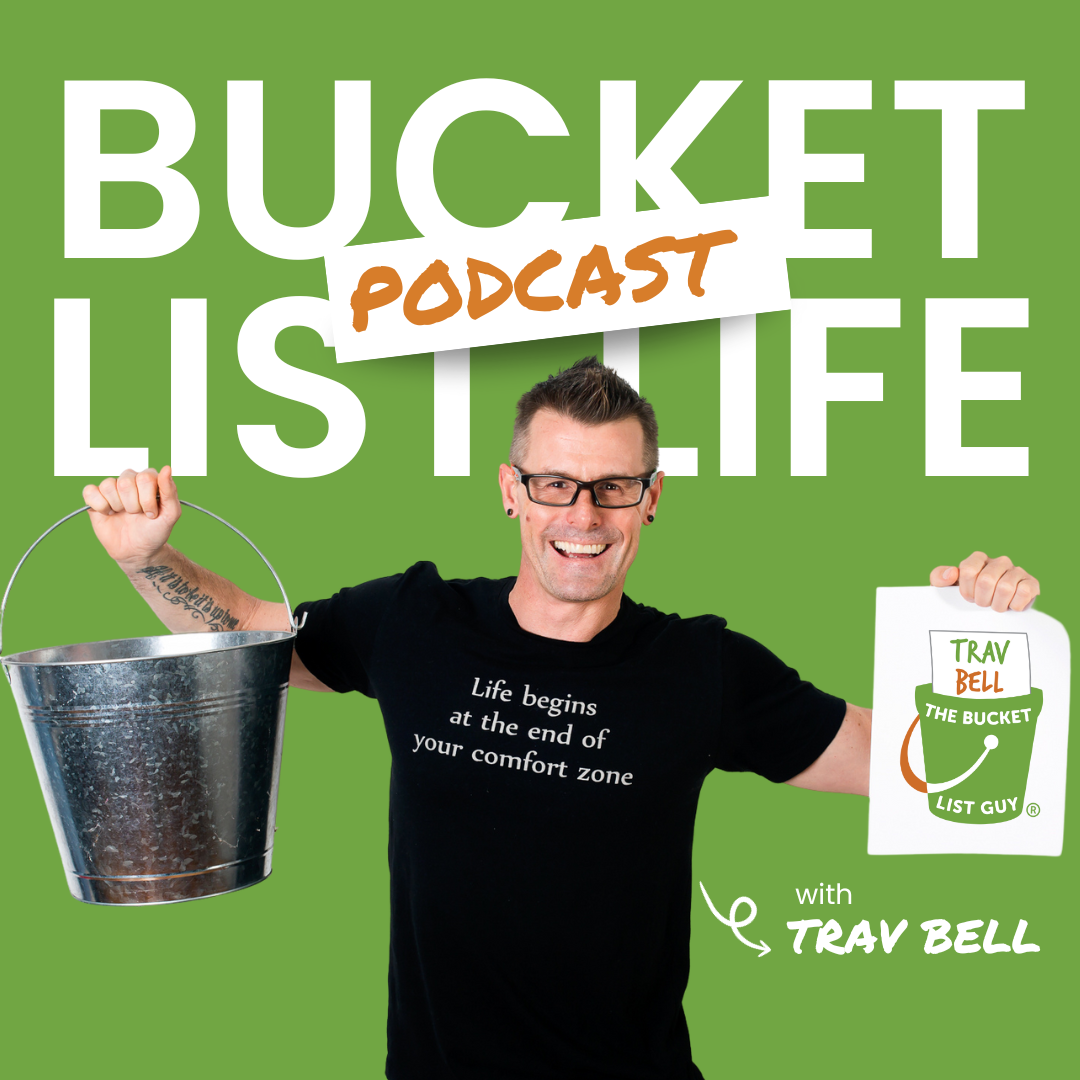



The Emotional, Physical, Social & Financial Cost of Anxiety....The Hidden Toll.
The big question these days is "Who hasn't got anxiety right?" I mean it's hard not to because we have too much choice, too much overwhelm, too much pressure. Anxiety is so common and often misunderstood mental health condition that affects millions of people worldwide. While it's well-known that anxiety can take a toll on one's emotional well-being, the "anxiety cost" extends far beyond the emotional realm.
This blog has 2 parts...this one and the next one. This part is about exploring the various dimensions of the anxiety cost – the physical, emotional, social, and financial implications that individuals grappling with anxiety face. Understanding this cost can shed light on the importance of addressing anxiety in our lives and seeking the necessary support to manage it effectively.
The Emotional Cost
1. Mental and Emotional Exhaustion: Anxiety can be mentally draining. Constant worry, racing thoughts, and feelings of impending doom sap your mental energy, leaving you fatigued and less able to focus on tasks or enjoy daily life.
2. Reduced Quality of Life: Anxiety can erode the quality of life. It can limit your ability to pursue hobbies, maintain relationships, or engage in activities you once enjoyed, ultimately affecting your overall happiness and satisfaction.
3. Self-Esteem and Self-Worth: Anxiety often leads to self-doubt and negative self-talk. Over time, this can chip away at your self-esteem and self-worth, making it challenging to pursue personal and professional goals.
The Physical Cost
1. Sleep Disruption: Anxiety commonly disrupts sleep patterns, leading to insomnia or restless nights. Poor sleep can contribute to a host of physical health issues, including weakened immune function and increased risk of chronic diseases.
2. Muscle Tension and Pain: Anxiety often manifests physically as muscle tension, which can result in chronic pain, tension headaches, and even conditions like temporomandibular joint disorder (TMJ).
3. Gastrointestinal Problems: Anxiety can wreak havoc on your digestive system, leading to issues such as irritable bowel syndrome (IBS) and chronic indigestion.
The Social Cost
1. Isolation: Anxiety can lead to social withdrawal and isolation. The constant fear of judgment or social mishaps can make it challenging to maintain friendships or attend social gatherings.
2. Strained Relationships: Anxiety can strain relationships with friends, family, and romantic partners. Excessive worry or irrational fears can create misunderstandings and conflict.
3. Workplace Challenges: Anxiety can impact your career. It may hinder your ability to perform at your best, participate in meetings, or take on new responsibilities, potentially limiting your professional growth.
The Financial Cost
1. Medical Expenses: Managing anxiety often involves medical and therapeutic interventions. Copays, medications, and therapy sessions can add up, placing a financial burden on individuals and families.
2. Reduced Productivity: Anxiety can lead to decreased productivity at work. This can result in missed opportunities for promotions or income growth.
3. Missed Work Days: Severe anxiety may lead to frequent absenteeism from work, resulting in lost wages and career setbacks.
The anxiety cost is a multifaceted toll that affects every aspect of a person's life – emotionally, physically, socially, and financially. Recognizing and addressing this cost is crucial for overall well-being. Seeking professional help, practicing self-care, and building a support network are essential steps in managing anxiety effectively.
It's important to remember that anxiety is a treatable condition, and you don't have to bear the anxiety cost alone. If you or someone you know is struggling with anxiety, reaching out to a mental health professional is the first step toward reducing the toll it takes on your life. By addressing anxiety, you can take back control and start living a fuller, healthier life.
Of the above 4 costs, which one resonates which one
is costing you the most?
Book A Blog Call With Trav



